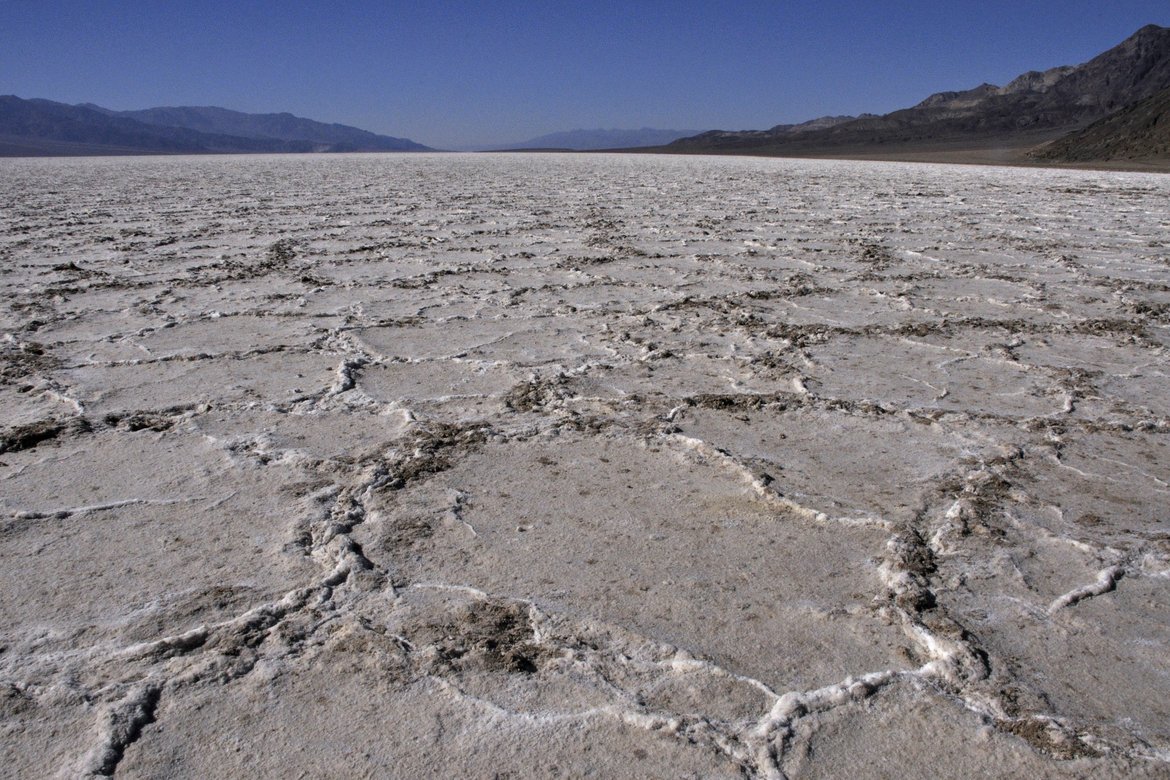Hydrology in a Semi-Arid region
Research Interests: Hydrology in Semi-Arid Regions
Hydrology in semi-arid regions focuses on understanding the behavior and management of water resources in areas with limited rainfall and high evaporation rates. Research in this field is crucial for developing sustainable solutions to water scarcity, flood control, agricultural productivity, and ecosystem preservation. Key research interests in hydrology in semi-arid regions include:
-
Rainfall-Runoff Relationships: Investigating how limited rainfall is transformed into runoff in semi-arid environments, including factors like soil infiltration, vegetation cover, and terrain.
-
Water Resource Management: Exploring methods for optimizing the use of available water resources, including surface water, groundwater, and desalination technologies.
-
Climate Change Impacts: Analyzing how climate change influences precipitation patterns, drought frequency, and the water cycle in semi-arid regions, and developing strategies for adaptation.
-
Erosion and Sediment Transport: Studying the processes of erosion and sedimentation in arid and semi-arid watersheds, especially as they relate to flash floods and the management of river systems.
-
Soil Moisture and Vegetation Interaction: Examining how vegetation affects soil moisture retention and how changes in vegetation (due to climate change, human activity, or natural processes) impact hydrological processes.
-
Watershed Modeling and Simulation: Developing and applying hydrological models to simulate rainfall-runoff dynamics, water storage, and movement through watersheds in semi-arid environments.
-
Flood and Drought Management: Identifying early warning systems and adaptive strategies to mitigate the impact of floods and droughts on communities and agriculture.
-
Groundwater Recharge and Sustainability: Investigating how groundwater is replenished in semi-arid regions and strategies for ensuring the sustainability of this critical resource.
-
Integrated Water Resource Management (IWRM): Exploring integrated approaches that combine water conservation, equitable distribution, and sustainable development to meet the needs of populations in semi-arid regions.
-
Ecological Impacts of Water Scarcity: Researching the effects of water scarcity on local ecosystems, including biodiversity loss, habitat degradation, and species adaptation.
These research areas contribute to a comprehensive understanding of hydrological dynamics and the sustainable management of water resources in semi-arid regions.








